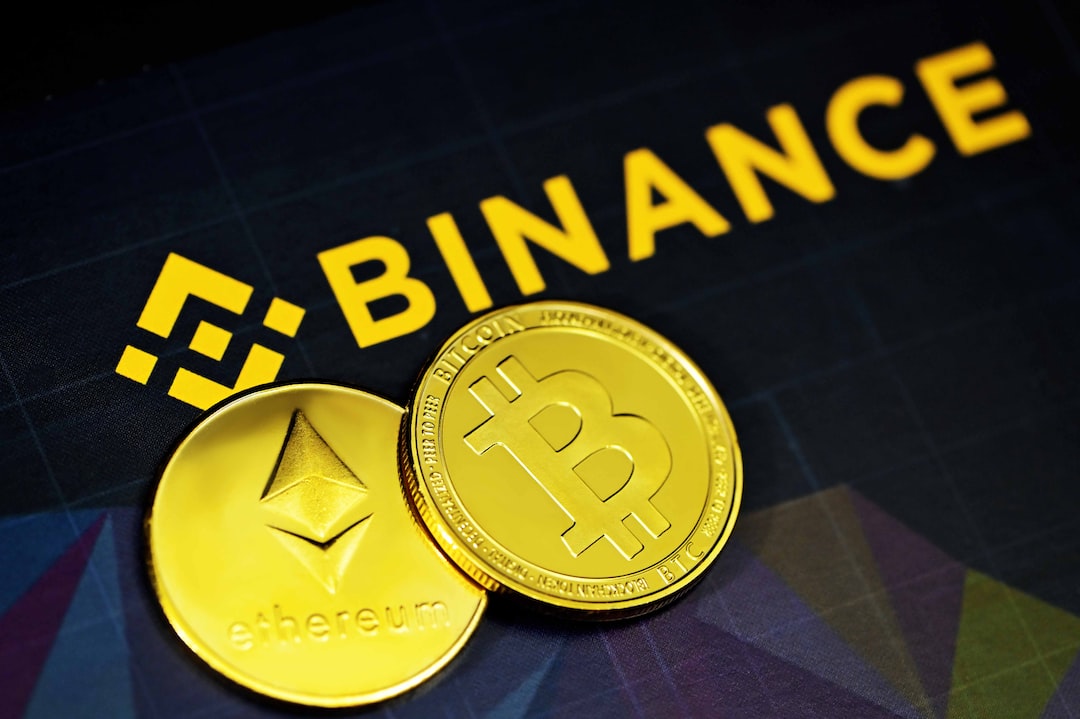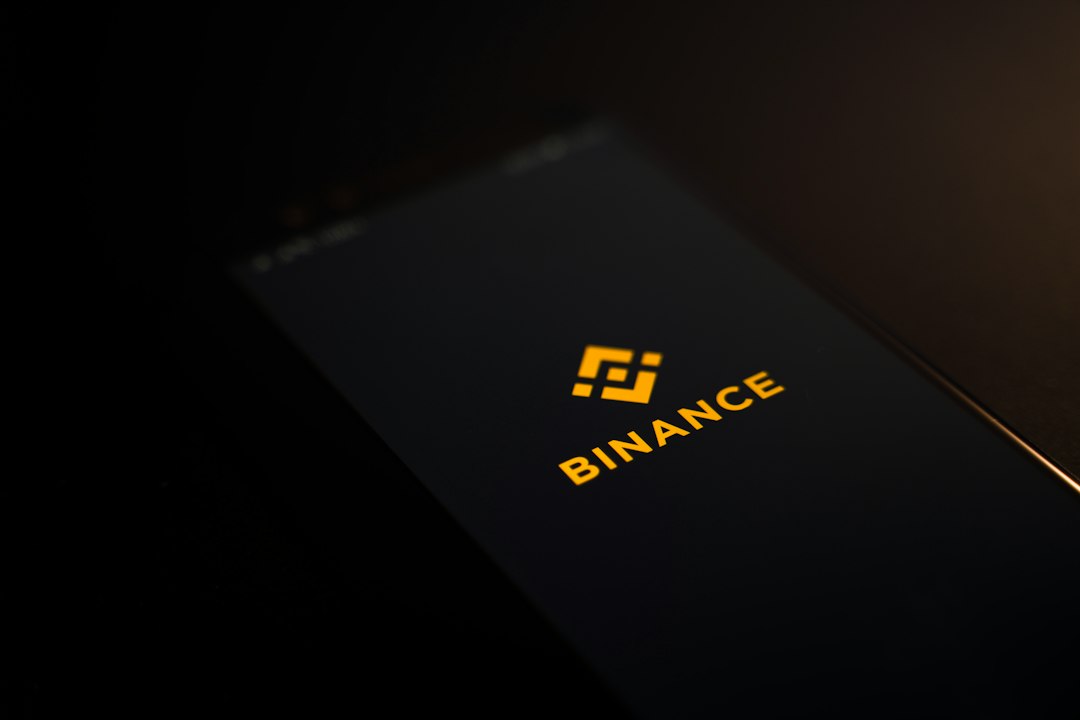South Korea FSC’s Restriction on Crypto Purchases
To address concerns about illegal fund outflow and speculative behavior, South Korea’s Financial Services Commission (FSC) has proposed an amendment to restrict the use of credit cards for cryptocurrency transactions. The FSC aims to prevent citizens from buying cryptocurrencies on foreign exchanges, citing fears of money laundering and the promotion of speculative activities.
The Scope of the Proposed Amendment
The amendment targets the illegal outflow of domestic funds through card payments on virtual asset exchanges. The FSC acknowledges concerns related to money laundering and speculative activities, leading to the decision to expand the list of prohibited credit card payments. Virtual assets defined in the “Act on the Protection of Virtual Asset Users” will be deemed prohibited for payment, aligning with international standards and strengthening anti-money laundering policies.
Public Feedback and Implementation Timeline
The FSC is inviting public opinions on the proposed amendment until February 13, 2024. South Korean citizens and organizations can submit their feedback online through the Center for Participatory Legislation. The regulatory body aims to review and vote on the amendment swiftly, with implementation expected in the first half of 2024.
Clarity for Decentralized Crypto Wallet Holders
In another development, South Korea’s National Tax Service clarified its stance on virtual assets. Individuals holding virtual assets through non-custodial, decentralized wallets will not be required to report overseas financial accounts. This clarification provides much-needed clarity for decentralized crypto wallet holders in South Korea.
Hot Take: South Korea’s Move to Regulate Crypto Transactions
South Korea’s Financial Services Commission is taking proactive measures to regulate cryptocurrency transactions by restricting credit card usage for such transactions. By addressing concerns about illegal fund outflow and money laundering, the FSC aims to protect its citizens and prevent speculative behavior. The proposed amendment aligns with international standards and encourages public participation through feedback submission. This move also provides clarity for decentralized crypto wallet holders regarding tax reporting requirements. Overall, South Korea’s efforts reflect a commitment to fostering a safe and transparent crypto landscape.





 By
By
 By
By
 By
By
 By
By
 By
By
 By
By